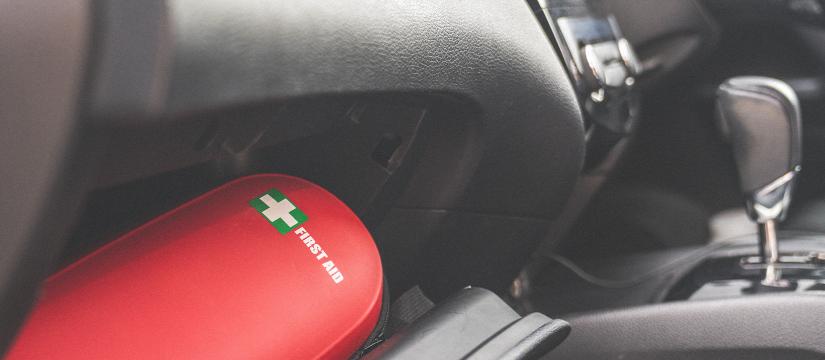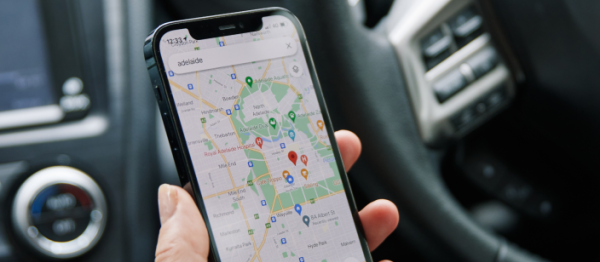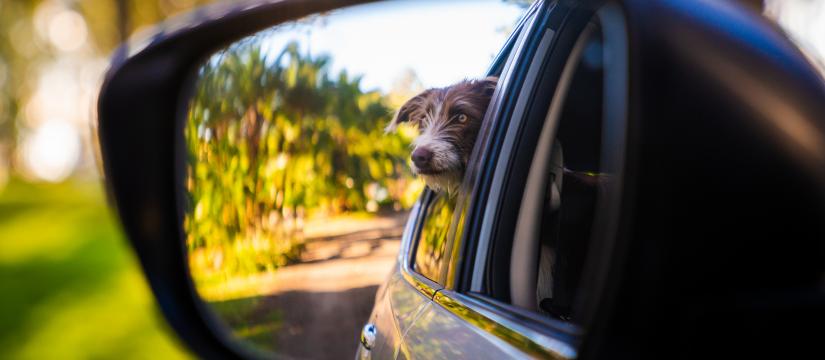This article was originally published in May 2021 and has been updated.
Share this story:
Safety should never take the back seat. Prepare for your next journey with 5 essential tips to help keep yourself and others safe on the road.
Before you venture out on your next adventure, you’ll want to make sure everything in your car is working as it should.
Check all your tyres for adequate tread and pressure, and make sure the spare tyre is in good condition too. You don’t want to pull out of the driveway to be greeted by the thumping sounds of a dreaded flat tyre.
Inspect your windscreen and wipers. Make sure there’s no cracks and that your wipers are efficiently clearing water.
Check your lights. Ensure indicators are blinking as they should, and brake lights are responding.
If you’re towing a caravan or trailer, make sure you check the chains and coupling and secure any awnings and doors.
If you notice anything that isn’t right, consider a service and safety check. While there are some things you can do yourself — like adding pressure to your tyres — anything significant is always best left to the professionals.
To shave time off your journey, you may feel tempted to speed. Don’t. Speed remains a major contributing factor in fatalities and serious injuries on our roads. In fact, driving just 3km/h over the speed limit is associated with a 25% increase in crash risk, and that’s a risk you don’t want to take.
A safer way to shave time off your journey is by planning your route ahead of time. Different apps can help with this, but even a quick check on Google Maps can give you an indication of peak traffic times and the ‘fastest route’ to your destination.
It’s well established that driving fatigued is a major contributing factor to accidents that occur on our roads. In fact, 20% of fatal road crashes in Australia are caused by driver fatigue. So before you get behind the wheel, make sure you get a good night’s sleep and that you’re not too tired to drive.
If you’re driving for more than an hour, make sure you plan a rest stop too. Get out, stretch your legs, and get yourself something to eat and drink. If you’re travelling with a friend or family member, consider taking turns behind the wheel and driving in shifts. This allows you both to share the load and have rests when you need them.
Mobile phones are a huge source of distraction on our roads, and it’s a major hazard. Texting, checking social media or emailing while your hands should be on the wheel, makes you 10 times more likely of being involved in a crash. It’s simply not worth the risk.
If you need your mobile for your GPS or to play music, we suggest you set up the route and your playlist before you turn on the engine. The same advice applies whether you’re using Bluetooth, or an approved mobile cradle.
According to the TAC, men are more likely to not be wearing a seatbelt in a crash than women, and most of the time, these crashes occur on regional roads.
In a collision, your seatbelt works to spread the force of impact across your body, slow the speed of your body moving forward, and reduce the risk of you being thrown out of your vehicle. Seatbelts save lives; so whether you’re travelling 5 minutes down the road or 2 hours to the beach, always buckle up before driving.
All content on the NRMA Insurance Blog is intended to be general in nature and does not constitute and is not intended to be professional advice.


